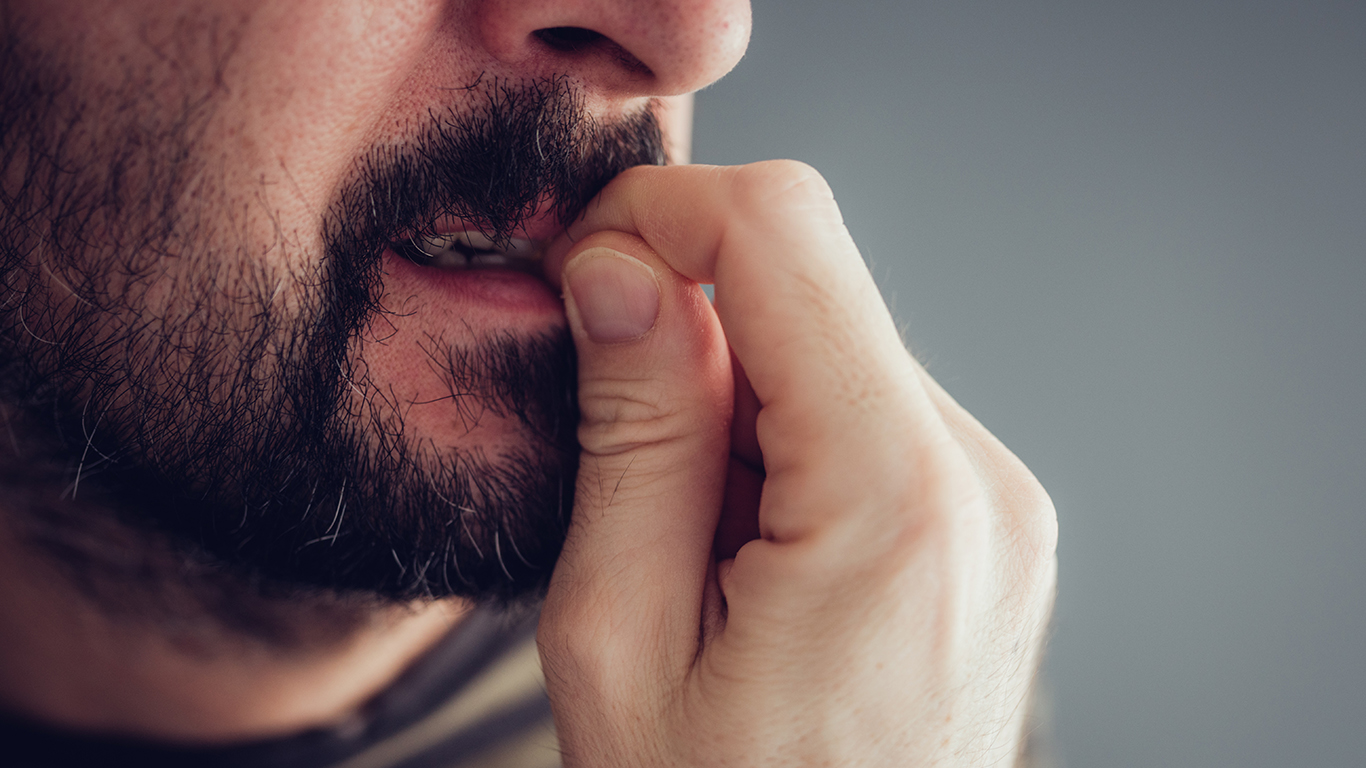

You know you have to rush to the ER and call your doctor right away when your chest hurts and you can’t breathe. These are signs you can’t ignore. But some insignificant symptoms that many would dismiss as the result of too much stress are in fact a way for your body to tell you to check your health.
Some diseases people have for some time — completely unaware — and it would be good to pay better attention to potential symptoms. Most of us consider our habits as simply that — habits, sometimes bad. While most people grow out of different habits, not all do — and that could be a sign. Overlooking our habits might allow a disease or condition to go undetected.
You can sometimes smell if you’re ill. Many diseases have a particular odor. Diabetes, for example, can make your urine smell like a sweet fruit. One woman can even smell Parkinson’s. But not everyone has such a unique ability. Most people have to rely on what they know about what’s normal behavior. Sometimes, however, even so-called normal behavior can wreak havoc on our bodies — here are 21 “harmless” habits that are actually aging you faster than you can imagine.
Many people already know that getting cravings even when they’re already full is a sign of junk food overconsumption, but an increased appetite when you just ate can also indicate diabetes. Some habits are hard to recognize as being a sign of a potential health problem, especially if they have been part of your daily routine for years. But it never hurts to pay closer attention.
To create a list of 19 habits that may be masking an underlying health problem, 24/7 Tempo consulted doctors and reviewed scores of research papers and academic studies.
Click here to see 19 ordinary habits that may be signs of serious health problems.

1. You stay up all night: Job burnout
Even though burnout is a well-known phenomenon. It was officially classified as a medical diagnosis by the World Health Organization in May 2019. Burnout, first described in 1974 by psychologist Herbert Freudenberger, is the feeling of chronic work-related stress that has not been managed. Lack of sleep is just one common symptom of the many associated outcomes. Others include exhaustion, lack of motivation, forgetfulness, and pessimism.

2. You spend a lot of money: Bipolar disorder
Impulsive overspending has been linked to bipolar disorder. If handling money well — including spending within your means and making thoughtful decisions about purchases — is a challenge, a manic episode may be the cause.
In such cases, you may suddenly decide to go to China or spend thousands of dollars on art or tattoos. People affected by manic spending episodes often feel overconfidence, which leads to the brain basically silencing one’s voice of caution.

3. You bite your nails: Depression or OCD
Nail biting, or onychophagia, is associated with anxiety and stress. The mere act of chewing on the cuticle, soft tissue surrounding the nail, and the nail itself, which, for most people, typically begins in childhood, relieves tension. This bad habit, for which there is no clear or definitive solution, can be masking a mental health problem, such as depression. Medical reviews suggest that 80% of children and more than 50% of parents who bite their nails have a form of a psychiatric disorder, mainly depression. In 2013, the American Psychiatric Association included severe nail biting in its Diagnostic and Statistical Manual as an obsessive compulsive-related condition. A study found that approximately 11% of children and adolescents who bite their nail frequently were also diagnosed with OCD.
[in-text-ad]

4. You drink a lot of coffee in the afternoon: Thyroid dysfunction
If people need a lot of coffee later in the day, they may have an underlying hormonal issue caused by a dysfunctional thyroid gland. A major sign that the tiny but powerful butterfly-like gland at the base of the neck doesn’t produce enough of the hormones that control how the body uses energy is chronic fatigue.
And what do most people do when they feel tired but it’s not bedtime yet? They drink coffee. Alas, caffeine, although a stimulant, inhibits thyroid function, according to Alyson Pidich, medical director of the Ash Center — even four hours after consumption.
Thank you for reading! Have some feedback for us?
Contact the 24/7 Wall St. editorial team.



